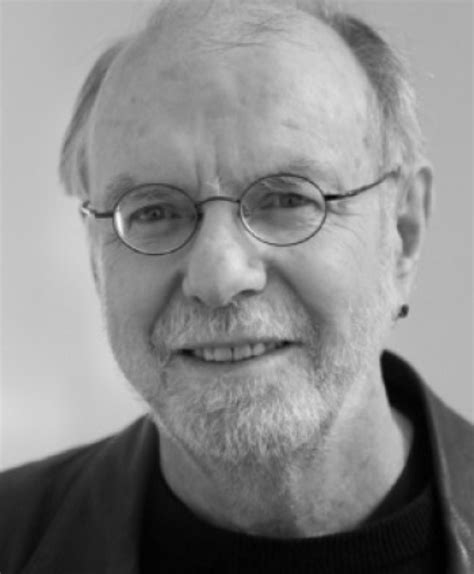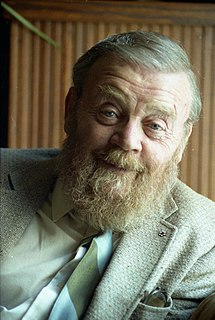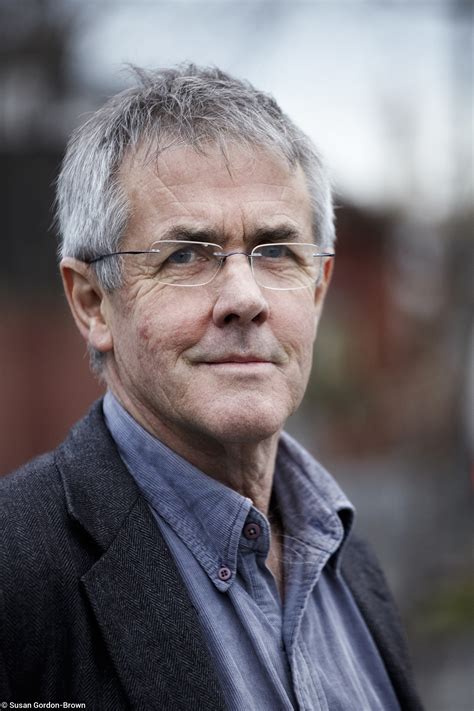A Quote by Emily Gould
Unless your aim is to deceive, there's not a meaningful distinction between memoir and fiction. They're marketing categories.
Quote Topics
Related Quotes
Distinction between species and specimen is very much like the distinction between images and actual pictures, or, you know, objects that have a definite material identity. The classifications, the categories, the stereotypes, and the images are on one side, and the material pictures, statues, texts, and so forth are on the other.
A fine memoir is to a fine novel as a well-wrought blanket is to a fancifully embroidered patchwork quilt. The memoir, a logical creation, dissects and dignifies reality. Fiction, wholly extravagant, magnifies it and gives it moral shape. Fiction has no practical purpose. Fiction, after all, is art.
Going from memoir to fiction was fantastic. I had been afraid to move away from memoir; I'd written some novel drafts, but they weren't well received by my agent at the time, and it had been drilled into me that "memoir outsells fiction two to one" (not sure if that's true anymore, or if it ever was), so I felt like the only smart thing to do, professionally, was to keep mining my life for painful moments to recapitulate.
Obviously, in marketing, the best tool is to show the autobiography in fiction. It's inevitable how that happens, but it's generic. Say I've written a story where my sister dies. 'Well, did your sister die?' No, she did not. But people use those straws to grasp at the difference between reality and fiction.






































